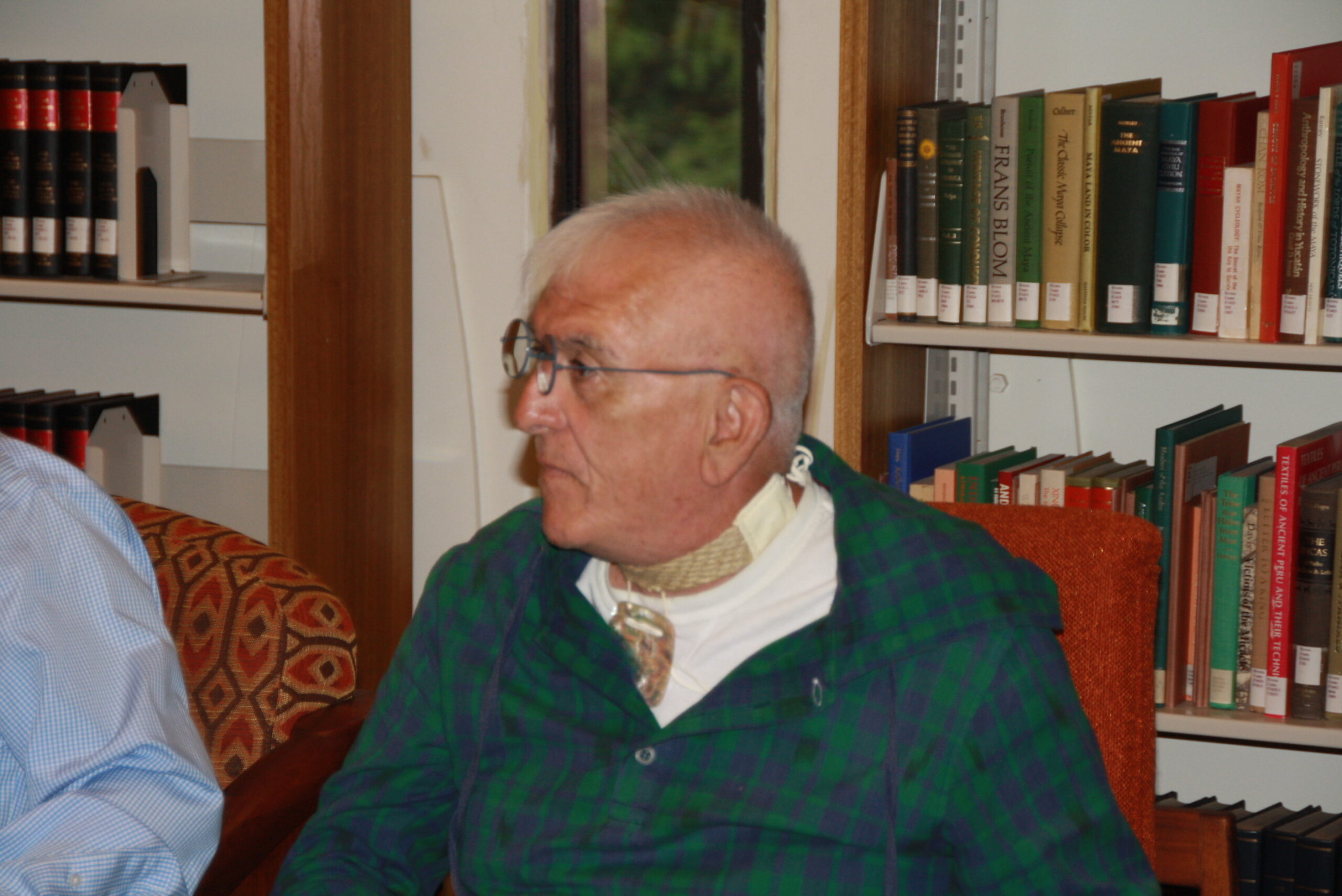
COMMON AND INSTITUTIONAL SAINTS
Written by Ursula K. Le Guin
Reading about the imminent canonization of Junipero Serra I want to tear my hair and shout at the Catholic Church and its clever pope, “How can you call this religious conquistador, this cruel bigot, this terrible man, a saint?”
Maybe I can calm down by considering what the word “saint” means.
In daily life, in ordinary speech, a saint is a notably kind, patient, generous person, actively compassionate, of innate spiritual quality. In informal buddhist tems, a person of Buddha nature. In the eyes of institutionalized religion, a saint may be such a person but often is something so different that we need to clearly distinguish the common or garden saint from the official or institutional saint.
Institutional saints are people officially elevated above common sense and common decency, above reason and respect for others, who act and are praised for acting from a mystico-intellectual conviction of the righteousness of their beliefs and their right to exercise the power invested in them by the institution that taught them those beliefs.
In other words a saint may be a terrorist.
(This is easier to see if a the saint is a member of a religion different from yours.)
Institutional saint-terrorists believe that their religious conviction justifies them in mind-washing, enslaving, torturing, and murdering anyone who doesn’t believe what they believe.
So long as religions use such believers to enforce their control over minds and extend their worldly dominion, the saint-terrrorist will exist and will be canonized.
Self-sacrificial saints differ from saint-terrorists in choosing to mindwash, enslave, torture, or kill themselves instead of others.
Anyone who doesn’t accept religious dogma as truth should reject the religious definition of saintliness as virtue transcending ordinary morality. We’d do better to see institutional saints for what they are: people whose unquestioning and unquestioned belief in the righteousness of their acts may well make them spiritual bullies, moral tyrants, suicidal or murderous terrorists.
Like Junipero Serra.
— Ursula K. Le Guin, January, 2015









